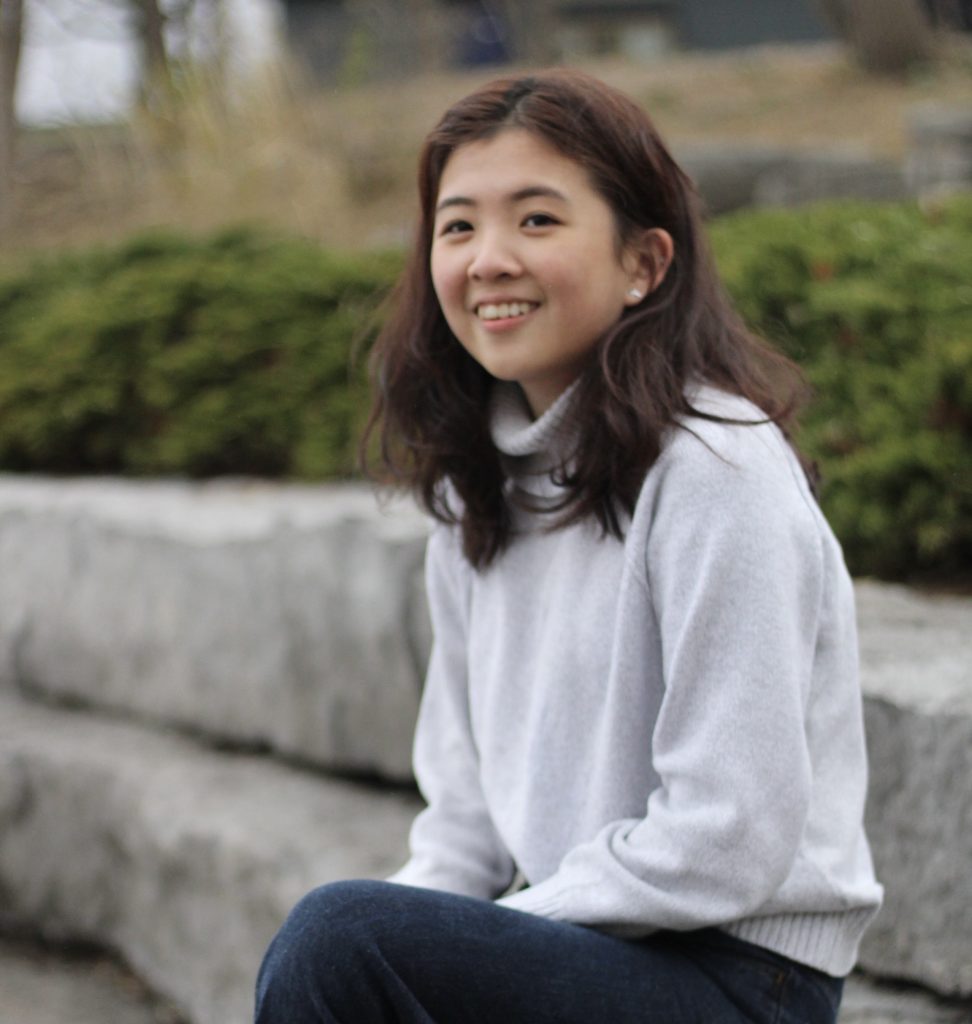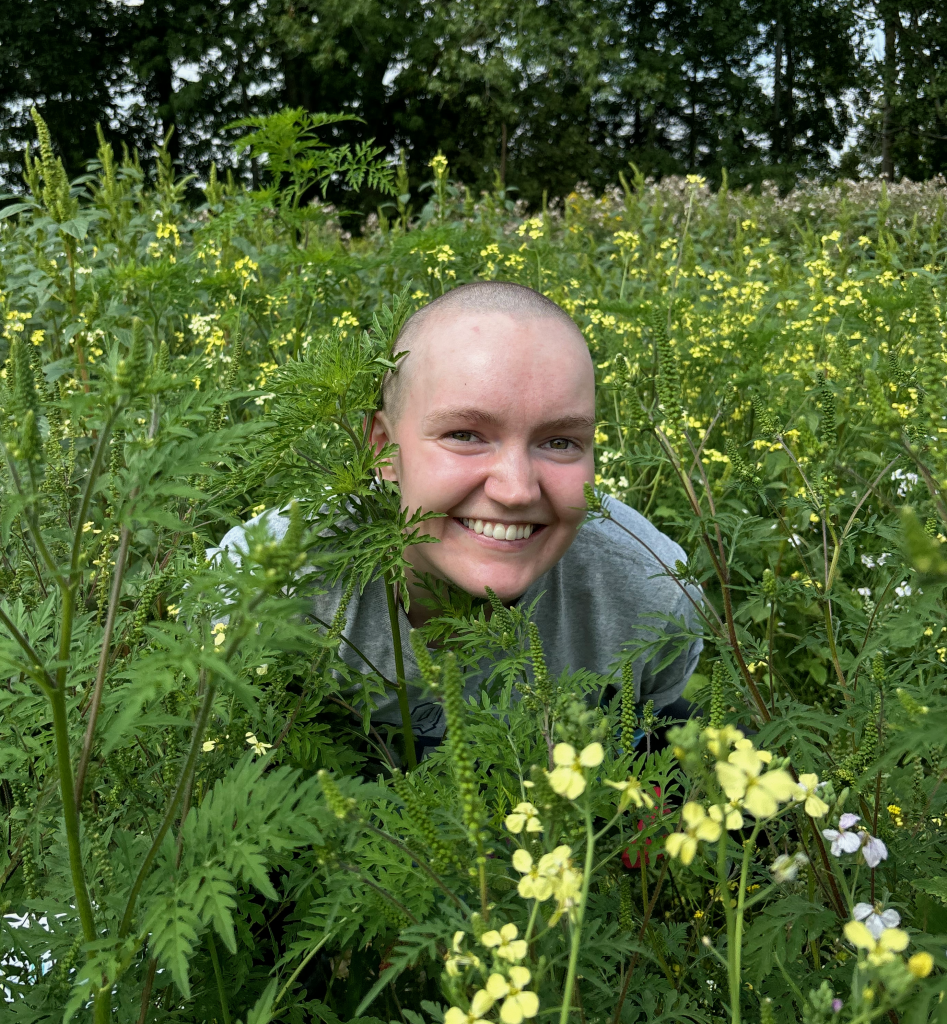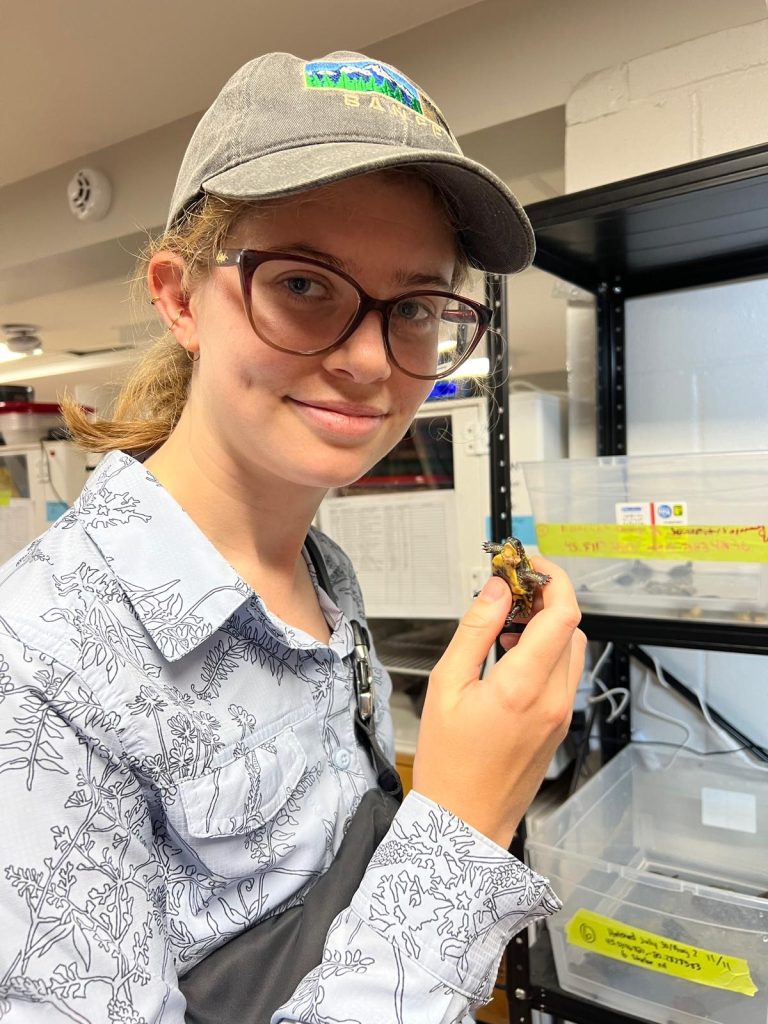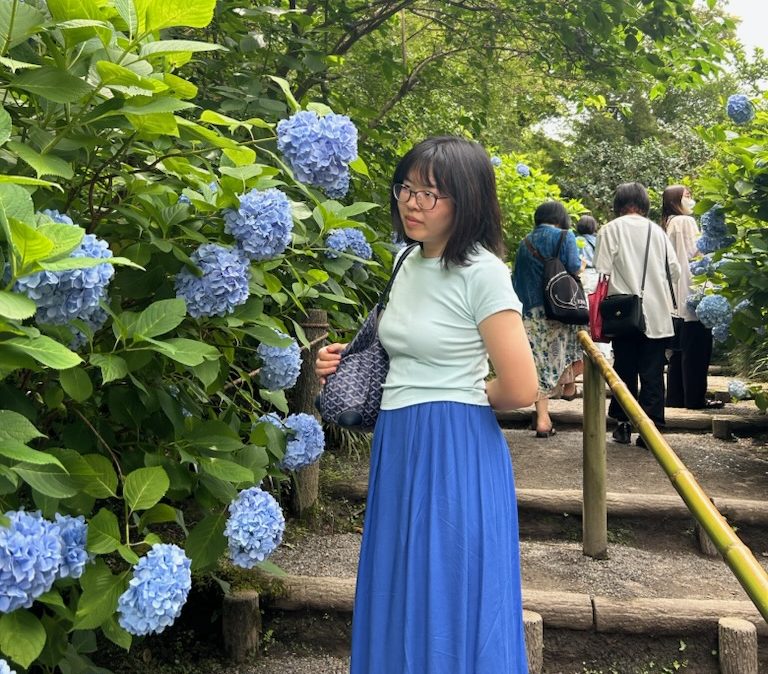Our members have received training for their role on this committee, and identify these specific skills in their bios. Here is a brief description of the courses that they may have completed:
Identify, Assist, Refer (IAR): This training helps participants recognise key indicators that a person may be struggling with a mental health issue, how to begin a supportive conversation with them, and how to make the most appropriate referral to campus and/or community resources.
SafeTALK: Suicide Alertness for Everyone: This training is designed to increase comfort and awareness when initiating or participating in conversations with someone who is having suicidal thoughts or tendencies, and ensure that they are connected to people that offer specialised intervention care and relevant resources.
Sexual Violence Disclosure Skills: A Sexual Violence Prevention and Support Centre workshop that provides participants with an interactive and practice-based virtual training for student leaders on how to supportively respond to a disclosure of sexual violence. This workshop touches on the link between systemic oppression and sexual violence that can impact and create barriers for those impacted by sexual violence.

Michelle Liu (she/her), Agrawal Lab
What do you study? I study the evolution of sex-differences in gene expression using fruit flies and (very recently!) frogs.
What does this mean you do day to day? A lot of my time is spent sorting flies and analysing RNA sequencing data on my computer. Lately, I have also taken to trudging through marshes in search of frogs.
When you aren’t doing research, how do you spend your time? I often take long walks around the city in search of pastries and coffee. I also enjoy doing yoga, taking care of my plants, 100%ing games, and reading sad books that can make me cry on the TTC.
Why did you take on this committee work? As someone who lives very far away from their primary support system, I rely heavily on others around me and have benefited a lot from the guidance and friendship I’ve gained from people in the department. I would like to take a more active part in building this supportive environment that can help others navigate through their mental health struggles, and at the same time become more conscious about my own mental wellness.
As a member of this committee, what relevant training have you received? Sexual Violence Education and Prevention Module
How would I find you if I need to? Knock on the door of ESC 2033 and I shall (almost always) appear. Alternatively, you can shoot me an email (mchelle.liu@mail.utoronto.ca).

Chloe Melo-Gavin (she/her or they/them), Agrawal Lab
What do you study? I work with fruit flies to examine how the shared genome between the sexes impacts how they adapt to their environment.
What does this mean day to day? This means I spend a lot of time sorting flies or counting flies, or thinking about sorting and counting flies. I also spend a lot of time in R trying to create visually interesting but easy to understand graphs to represent the results of my experiments, though I have yet to find the perfect colour scheme.
When you’re not sorting flies how do you spend your time? Much of my time is spent reading and writing science fiction and fantasy, though recently I’ve taken up whittling—who knew cutting into things with knives is both satisfying and fun! I am always happy to carve out small animals for people who want them as well! One day, when the flies are all dead and there is no more sorting to be done, I will get back into fencing and soccer, but until then I will stare wistfully at my fencing helmet.
Why did you take on this committee work? In general, I’m passionate about building healthy and accessible workplace environments, and really appreciate that the department has so many committees dedicated to these aspects. Building community is difficult, but it’s also essential, and I hope that I can do my part to contribute to a support system that materially helps people.
How do I find you if I need you? You can come to my office, ESC 2033, and knock on the door (the door is often closed, but I may still be there!), I am usually in on Thursday. Failing that, send me an email (c.melo.gavin@mail.utoronto.ca).
As a member of this committee, what relevant training have you received? Identify, Assist, Refer

Katie Maunder (they/she), Bontrager & Stinchcombe labs
What do you study? I study spatial patterns in floral variation to investigate the interplay of evolutionary processes.
What does this mean you do day to day? During the field season I get to travel to beautiful roadside ditches and collect plant samples while fighting off thorny, poisonous weeds. I spend the rest of the year meticulously counting and measuring my bounty of seeds, leaves, and sticks.
When you aren’t counting seeds, how do you spend your time? I love to partially complete crochet projects (if you are interested in a single sock or three-quarters of a vest, hit me up). I enjoy biking to campus, rain or shine, and I play on the University of Toronto’s flag football team.
Why did you take on this committee work? During my first year in the EEB department I benefited from the community support and advocacy around mental health. I hope to help promote an inclusive and supportive environment in the future.
How would I find you if I need to? Please swing by my office ESC 2074 (the door is often closed but I can be summoned by a knock), or send me an email (katie.maunder@mail.utoronto.ca).
As a member of this committee, what relevant training have you received? Identify, Assist, Refer, SafeTALK: Suicide Alertness for Everyone, and Sexual Violence Disclosure Skills.

Markelle Morphet (she/they/her/them), Mandrak Lab (UTSC)
What do you study? I compare the efficiency of fish detection methods in challenging environments to improve our knowledge of fish communities and populations.
What does this mean you do day to day? I spend a lot of time refining my environmental DNA methods and communicating with partners. My time is distributed between field work, lab work, data wrangling and statistical analysis.
When you aren’t doing research, how do you spend your time? I love backcountry camping in Northern Ontario and going on long hikes or skiing up north on the weekends. In the city, I volunteer with different science- and education-based organizations, play strategic board games, and watch shounen anime.
Why did you take on this committee work? I want to help engage fellow EEB students at the UTSC campus in MHC activities and bridge access to supports offered downtown and in Scarborough and also benefit from the programs available myself.
How would I find you if I need to? UTSC SY370 or via email, m.morphet@mail.utoronto.ca

Luna Taguchi (she/her), Mideo Lab
What do you study? I use mathematical models to understand the variety of parasites and the infections they cause.
What does this mean you do day to day? This usually means I’m scribbling a bunch of mathematical models on paper, or staring at code on a screen. Sometimes, I get to draw colourful shapes on the lab’s white board to describe these relationships.
When you’re not staring at equations, how do you spend your time? I love going on walks and bike rides around my neighbourhood, exploring new cafes in search of a perfect London Fog, cooking Japanese dishes, and baking with chocolate. On weekends when the weather is good, I am endlessly weeding my backyard or teaching my dogs tricks for treats.
Why did you take on this committee work? Having a community of supportive and understanding individuals made a huge difference in the early days of my graduate studies, and continues to do so. The experience I had is thanks to the advocacy and effort that many people from the past put into fostering a supportive culture. I hope to be a part of the continued effort.
How would I find you if I need to? You can find me in my office ESC 2055. Online, you can reach out to me via Slack or send me an email (luna.taguchi@mail.utoronto.ca)
As a member of this committee, what relevant training have you received? Identify, Assist, Refer, SafeTALK: Suicide Alertness for Everyone, and Sexual Violence Disclosure Skills.

Jennifer Carpenter (she/her)
What do you study? I’m not a researcher; I write for a living as a science journalist. This has put me in a good position to teach graduate students how to build good writing habits, overcome barriers to writing, and hone their skills in communicating with advisors, people in their discipline and the wider community of non-specialists (the public).
What does this mean you do day to day? This means that I spend my days editing students’ writing, as well as running writing camps and media training workshops. I also spend time discussing how students feel when they write. Writing, even academic writing, reveals a lot about our identities, and the stories we tell ourselves about how we got here and whether we belong. I sift through this with students, alongside how to use a topic sentence.
When you aren’t picking over students’ writing, how do you spend your time? I love cooking large pots of food and having friends come round to eat, sing, and play music. I enjoy cycling my kids to corners of the city to discover its forgotten rivers and hidden creatures; it helps me forget how far I live from the ocean.
Why did you take on this committee work? I took on this work because I was asked to act as institutional memory for this committee through the years, and to support students in what is, sometimes, difficult work. I *keep* doing this work as I am always learning from my committee members; they make this work delightful with their insight, power, and drive for change.
As a member of this committee, what relevant training have you received? Identify, Assist, Refer, SafeTALK: Suicide Alertness for Everyone, and Sexual Violence Disclosure Skills.
How would I find you if I need to? I’m in the department Tuesdays and Fridays, and I’m happy to meet for tea, grab lunch or talk over Zoom. Send me an email (jennifer.carpenter@utoronto.ca) to connect.